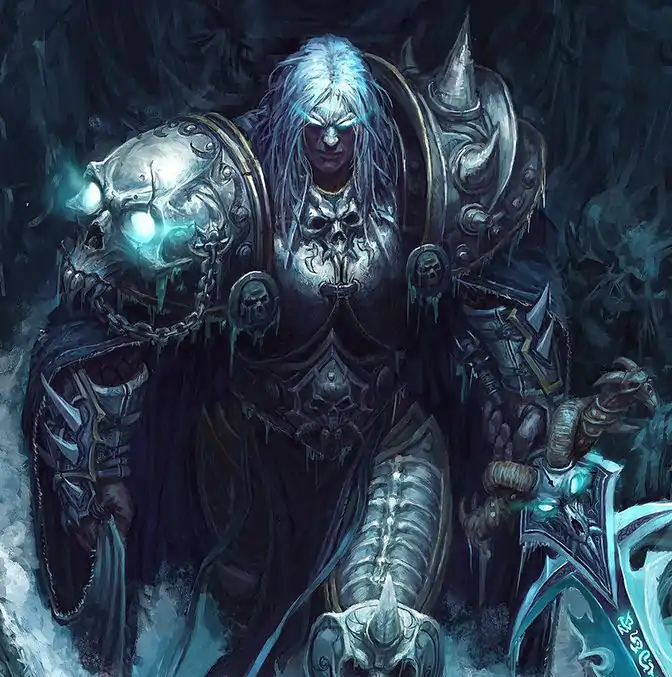Undead (4e Theme)
 |
|---|
| [] |
Undead
Creatures that now have risen from the dead, and that gain the benefits of the unnatural vitality.
Building
Members of the undead, you are no longer among the living, but yet you still walk among the earth.
- Class Prerequisites
None
- Race Prerequisites
None
Background
As a member of the undead, you are granted unnatural life, and thus are not subject to the ordinary mortal coils that plagues most living creatures.
Associated Skill: Perception, Streetwise
Starting Feature
As an undead creature, you possess an unnatural resistance to most ordinary mortal troubles.
- Benefit
You no longer age, and are considered an immortal and undead creature for purposes of meeting creature origin. You no longer have eat, drink, breathe or sleep, and do not have to sleep to benefit from an extended rest. You never have to suffer from or make endurance checks to resist suffocation (such as from drowning), starvation, thirst, disease or exhaustion, as you can continue onwards relentlessly with little to stand in your way.
Additional Features
Level 5 Feature
There are peculiar benefits to being the undead, many changes that occur as you grow more accustomed to your way of unliving.
- Benefit
You gain darkvision, and a +2 bonus to perception and insight rolls. You are immune to the blinded and deafened conditions, sensing the world around you without need for mere mortal restrictions, seeing in every direction, with it emanating from your body.
Level 10 Feature
As time goes on, your strength over the undead continues to grow, as well as your comfort. As a result, you are capable of more fantastical, unnatural feats, not befit for the living.
- Benefit
Whenever you drop to 0 hit points or fewer, you are dying but you can choose to remain conscious until you fail your second saving throw. Furthermore you are immune to all poisons (but not poison attacks), and gain resist 5 to all ongoing damage. You cannot be dominated, as you keep your body animated through sheer will. No effect may render you unconscious, although other effects still apply.